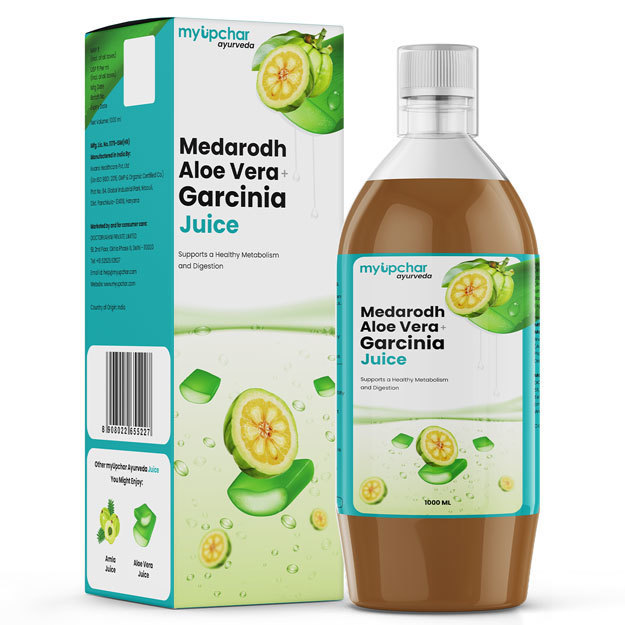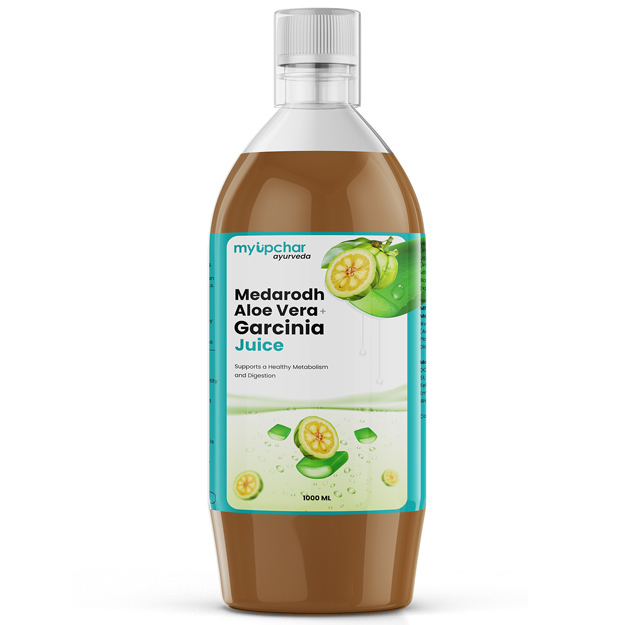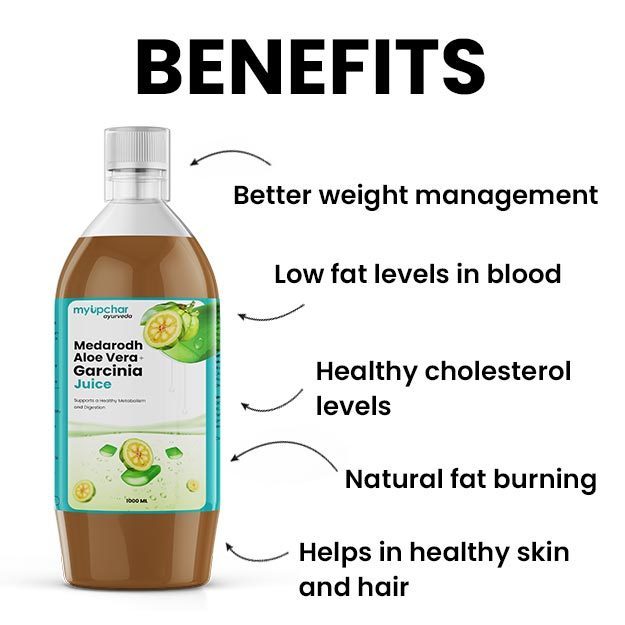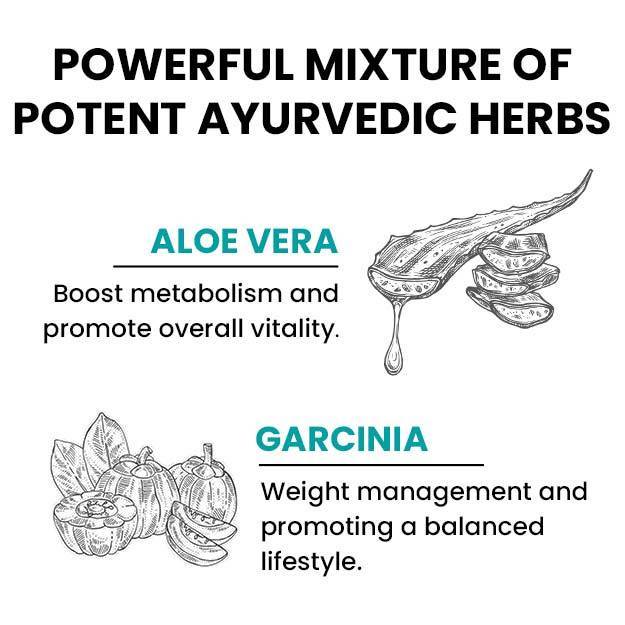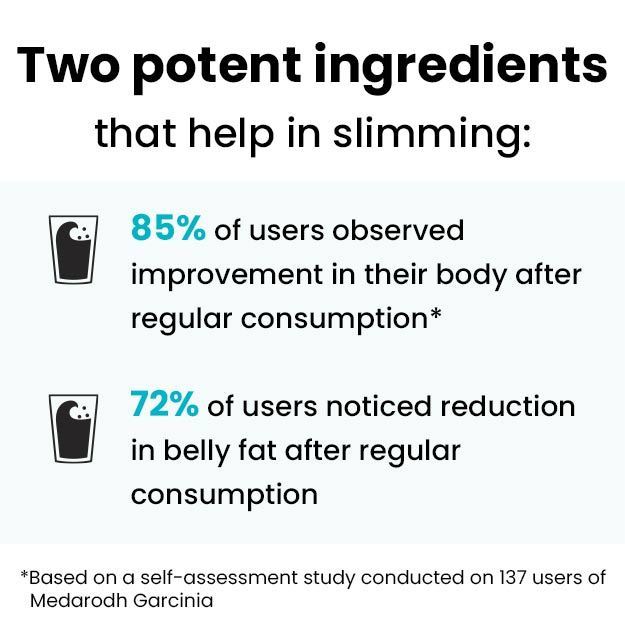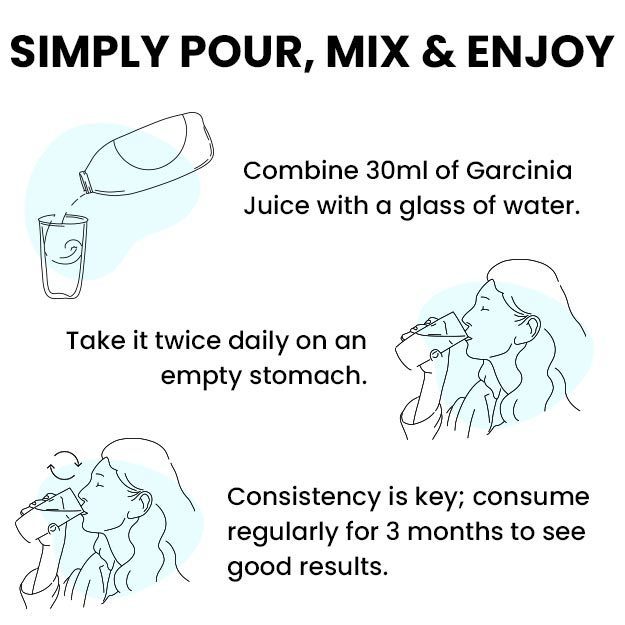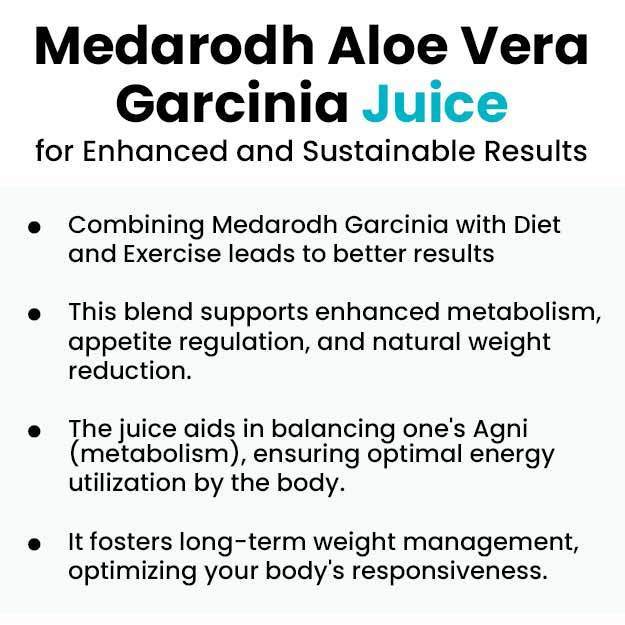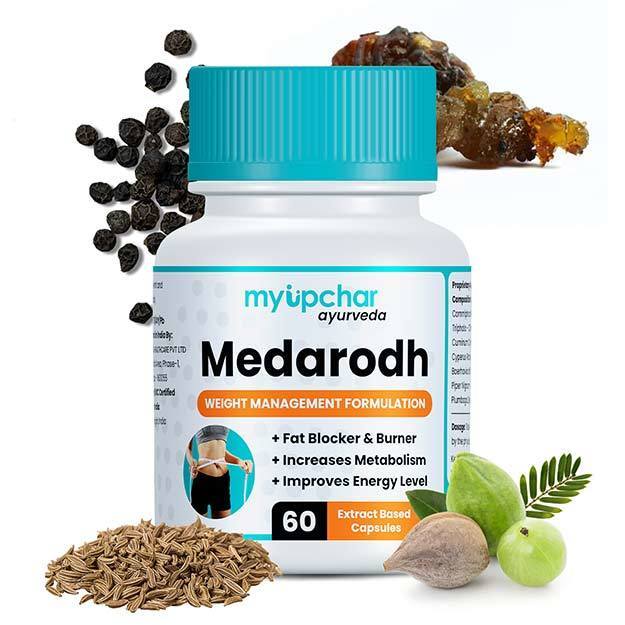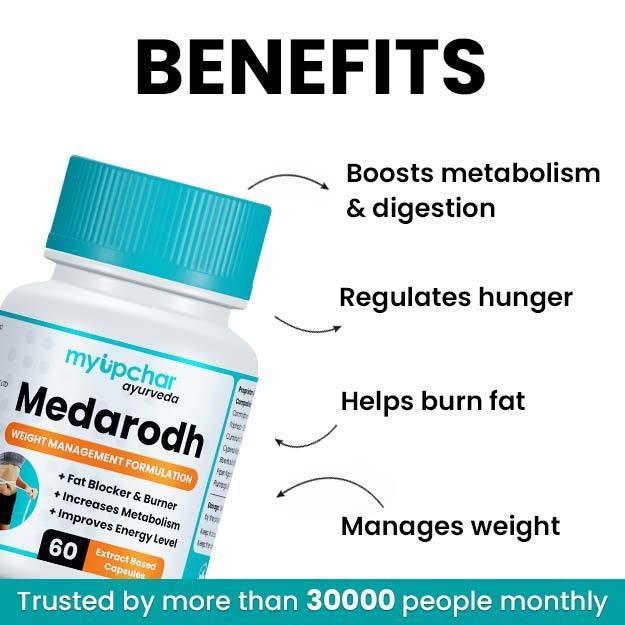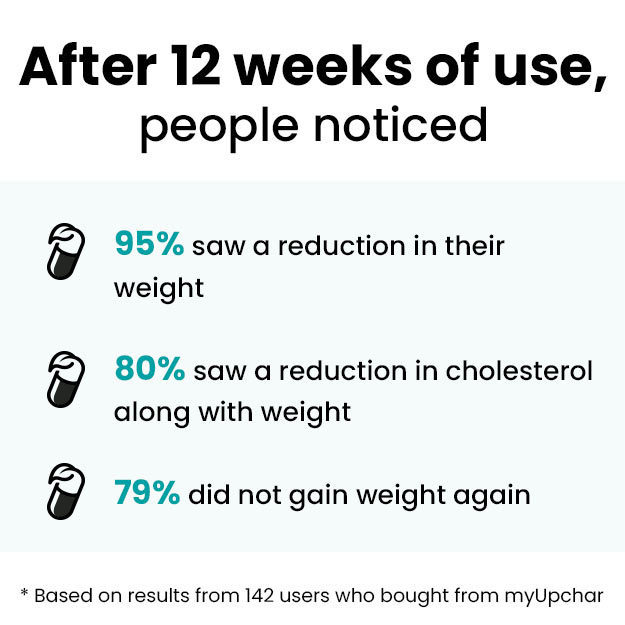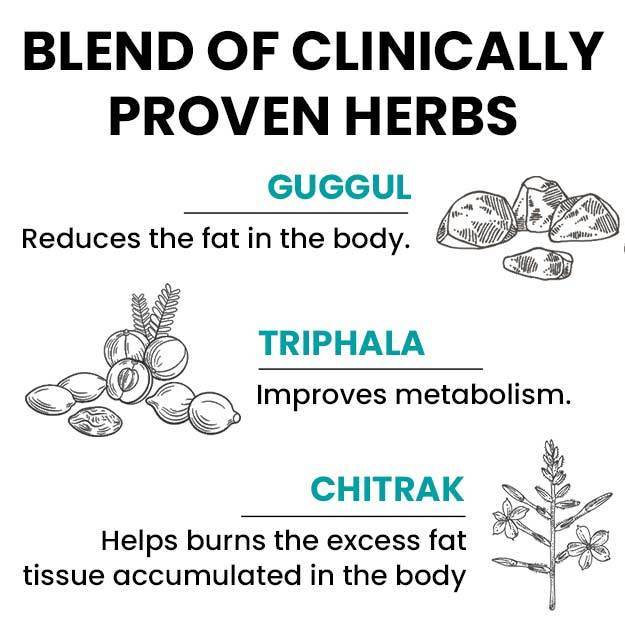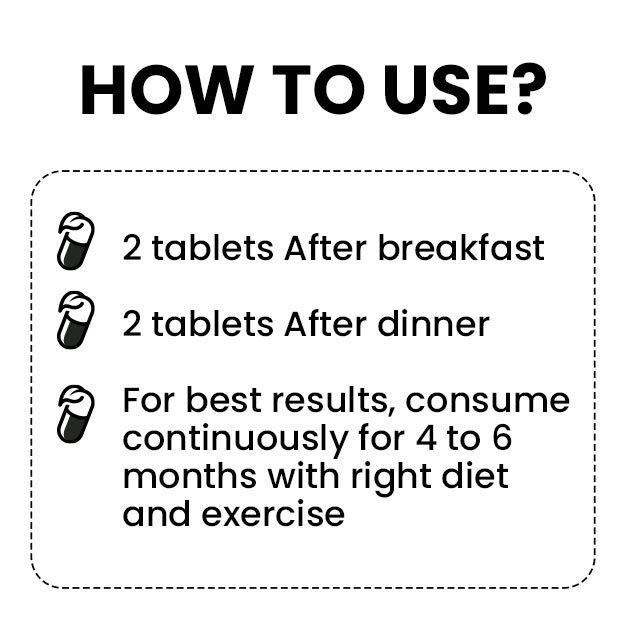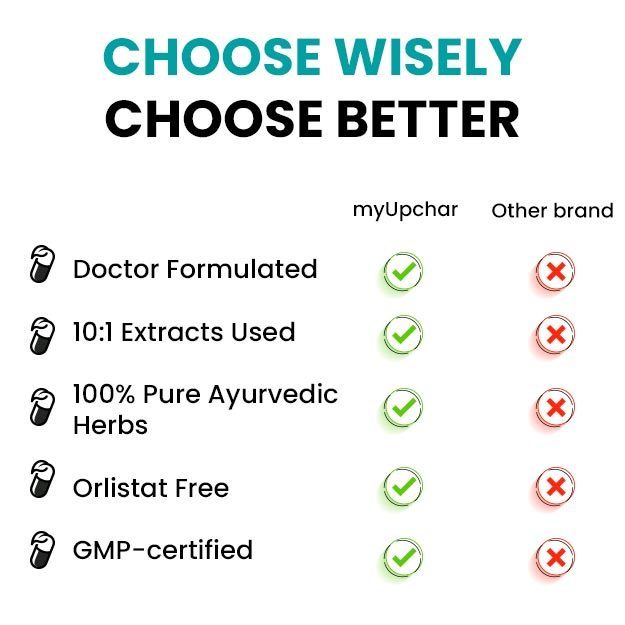You may have heard many times that saturated fat is unhealthy. It is claimed that it causes high cholesterol and heart attacks. However, several recent studies show that the real picture is more complex than that. It seems that whenever the topic of healthy eating comes up, everyone wants to talk about fat. It can be a confusing and diverse topic. But believe it or not, fat plays an important role in any healthy diet, providing a source of energy as well as essential fatty acids.
Although there are different types of fats in our diet, they are often referred to as "good" fats and "bad" fats, and "bad" saturated fats are associated with an increase in LDL-cholesterol, one of the risk factors for developing coronary heart disease. This article explains what saturated fats are and how they affect your body, what are the benefits and disadvantages of saturated fats, and what foods contain saturated fats.
(Read more - Ghee or butter, which is healthier for you?)




